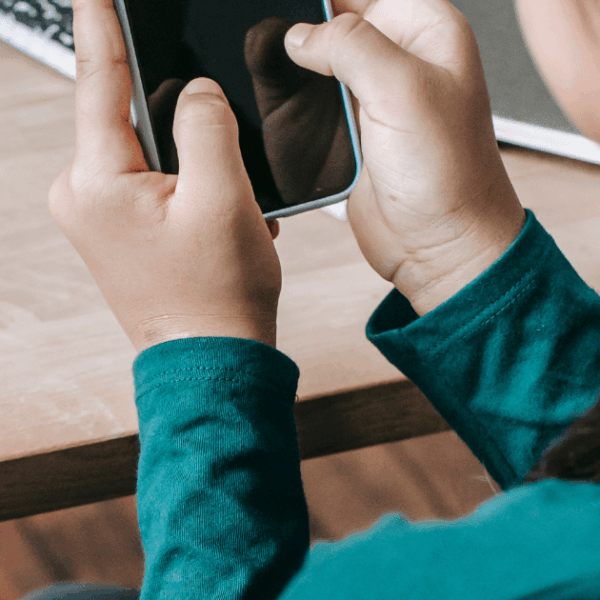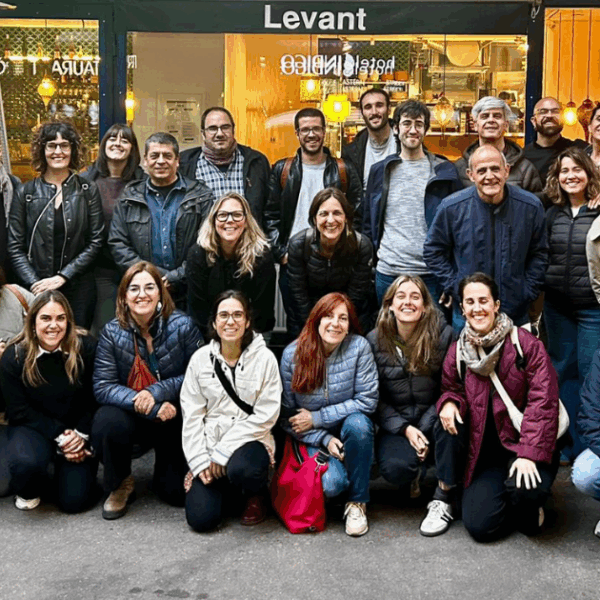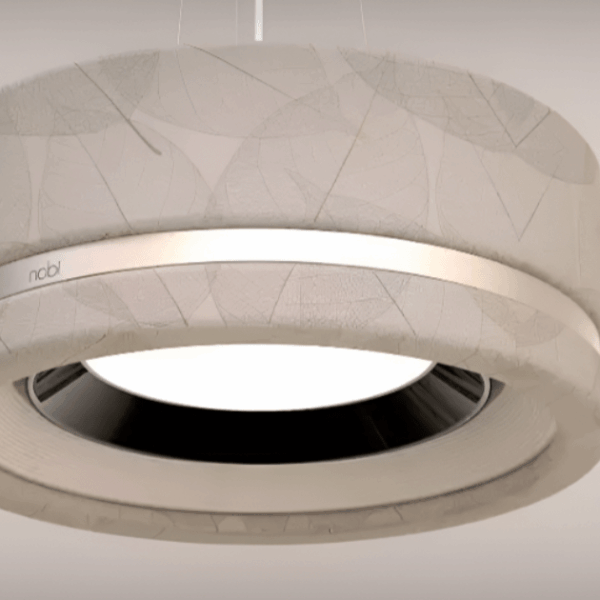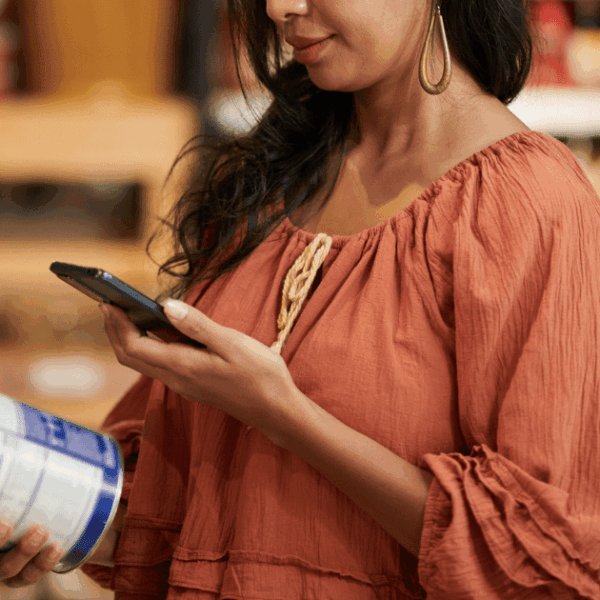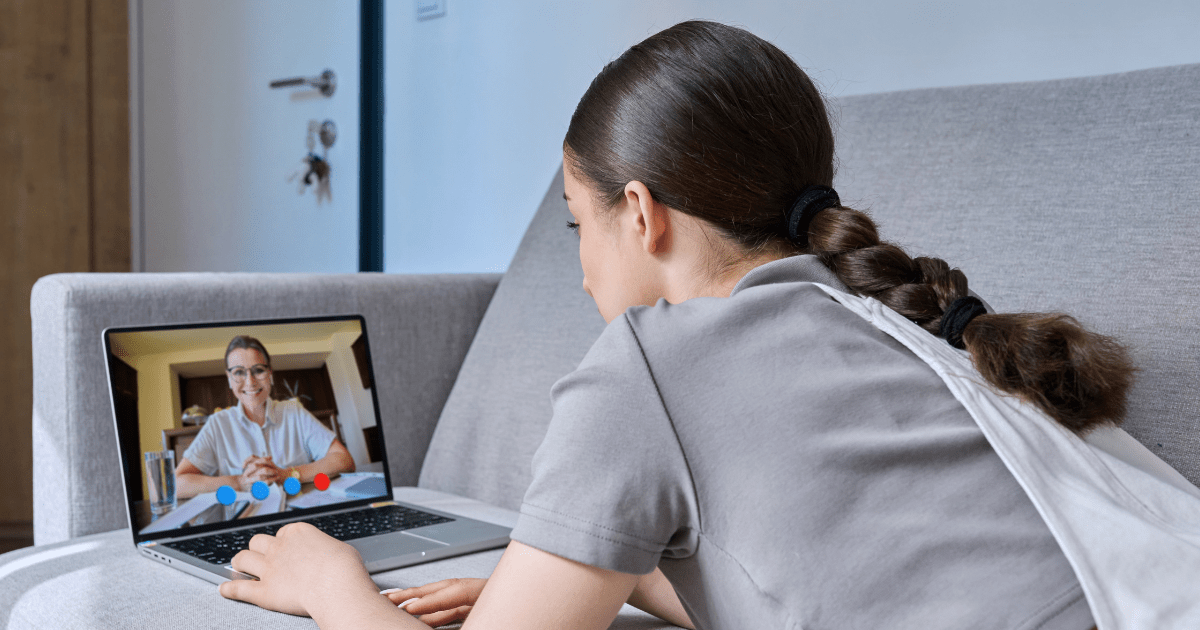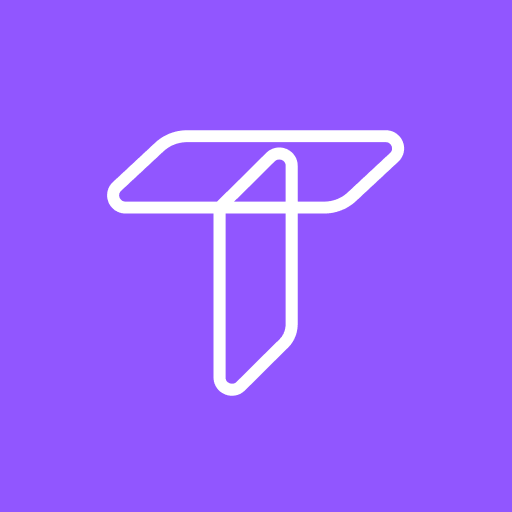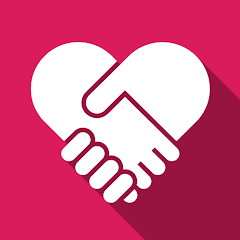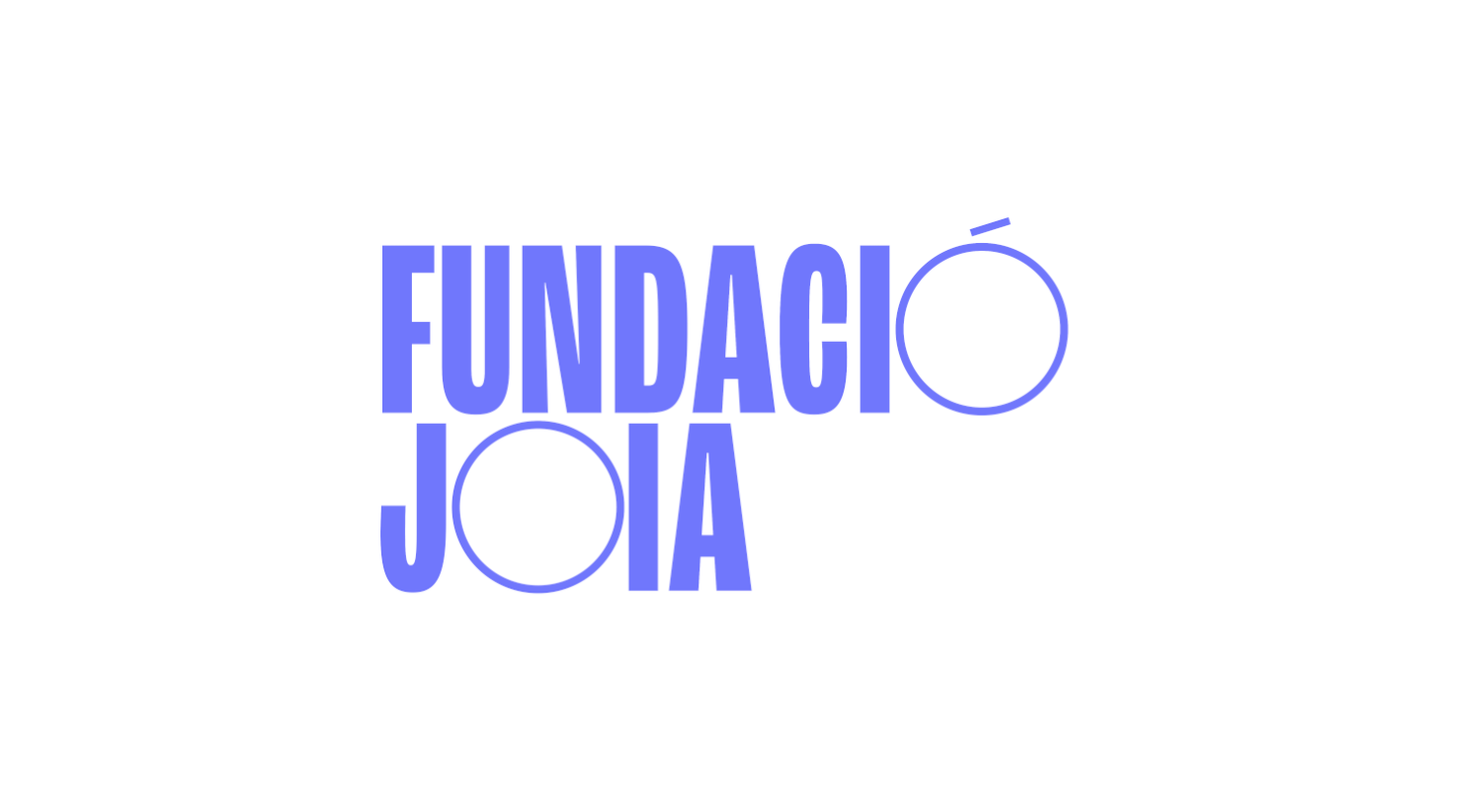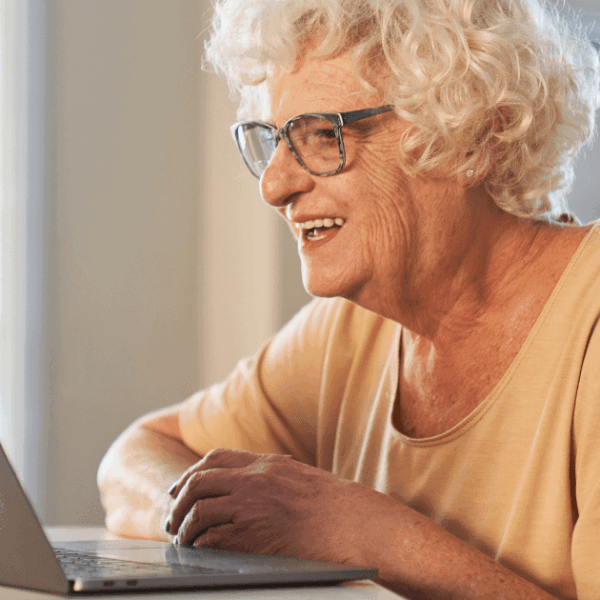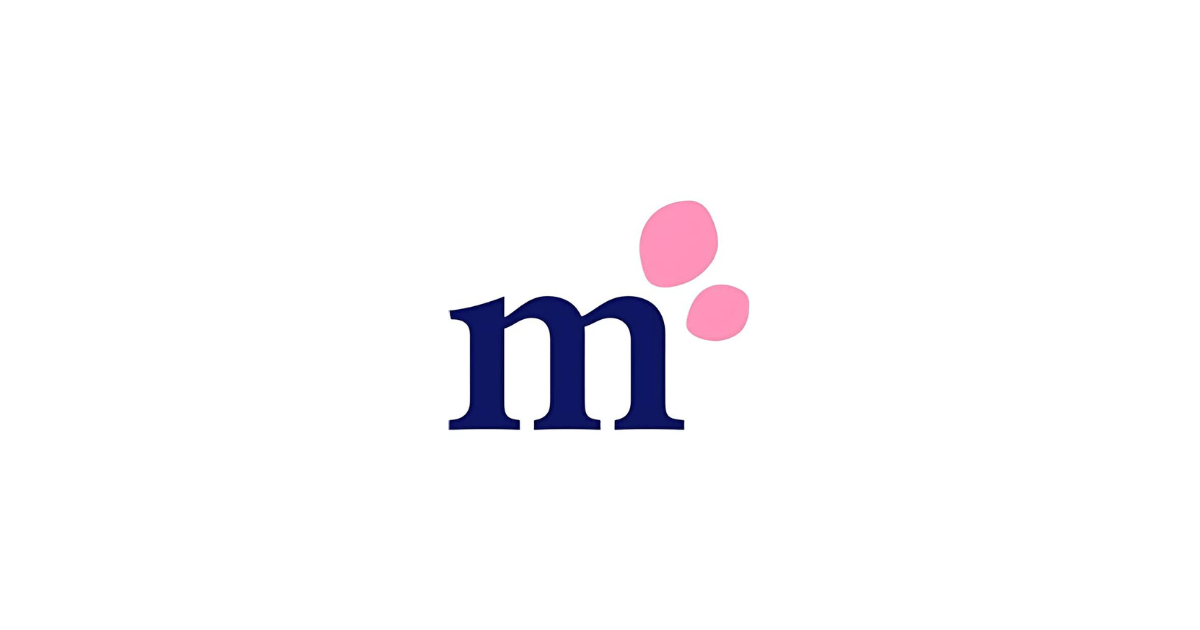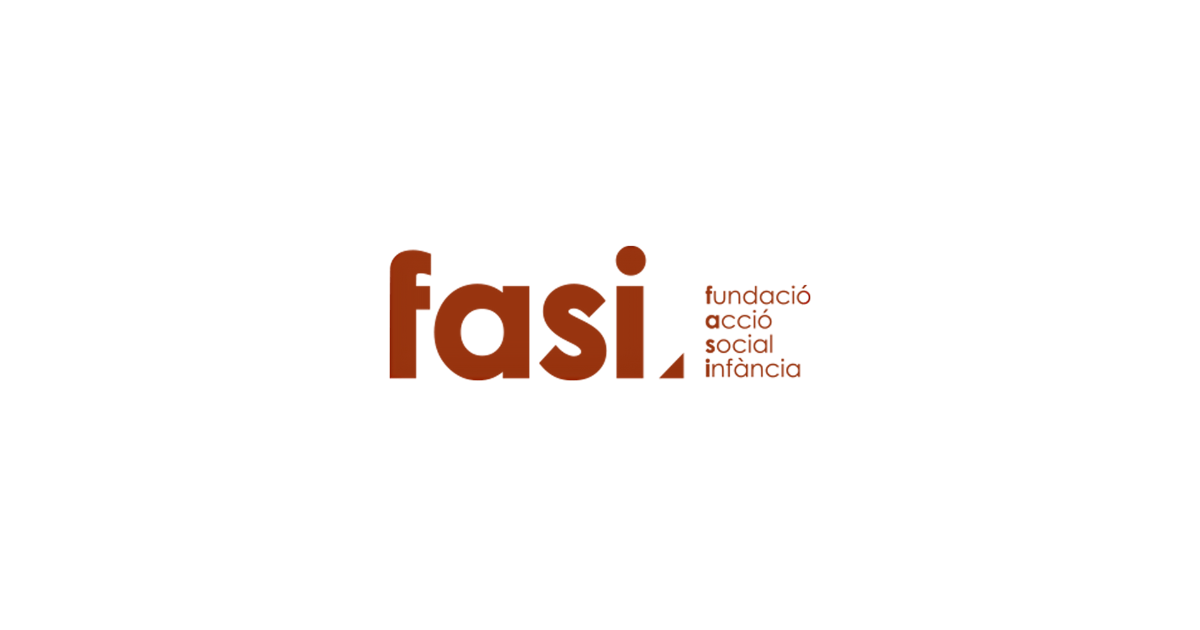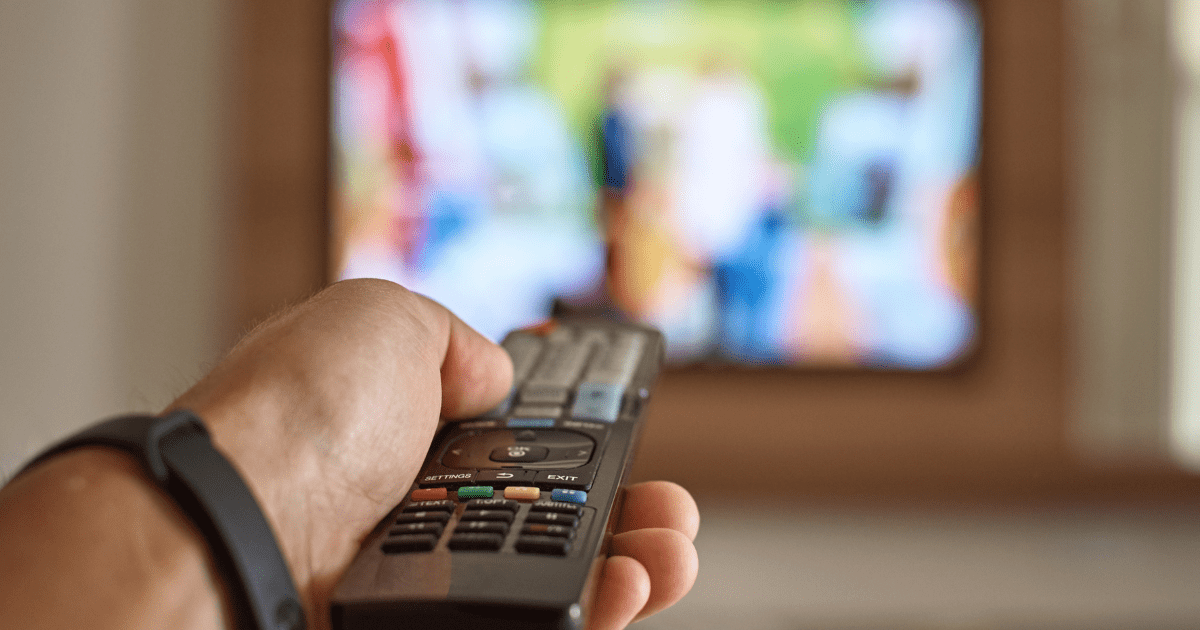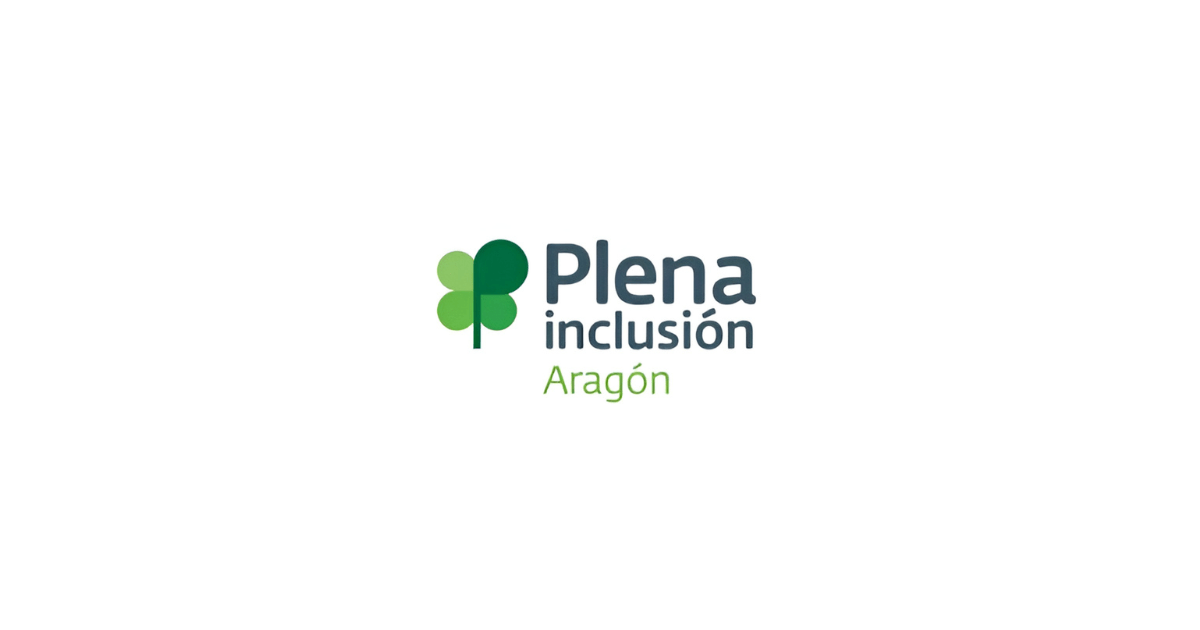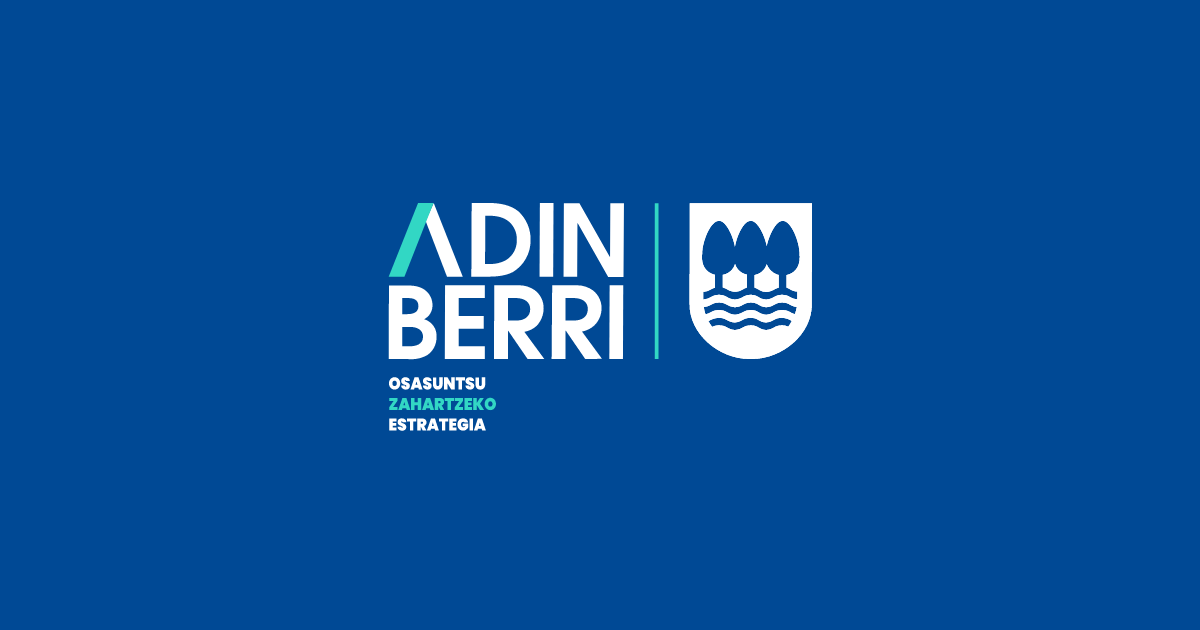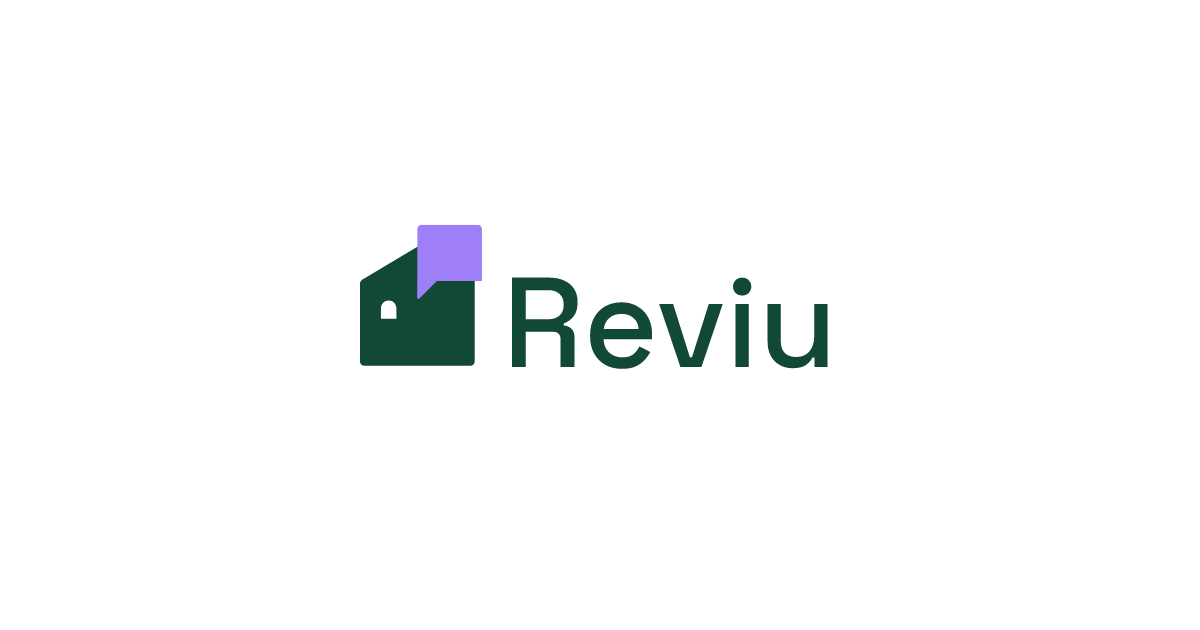Mokin, intelligent translation tool for asylum seekers
Instant translator that facilitates communication between asylum seekers and the professionals who assist them
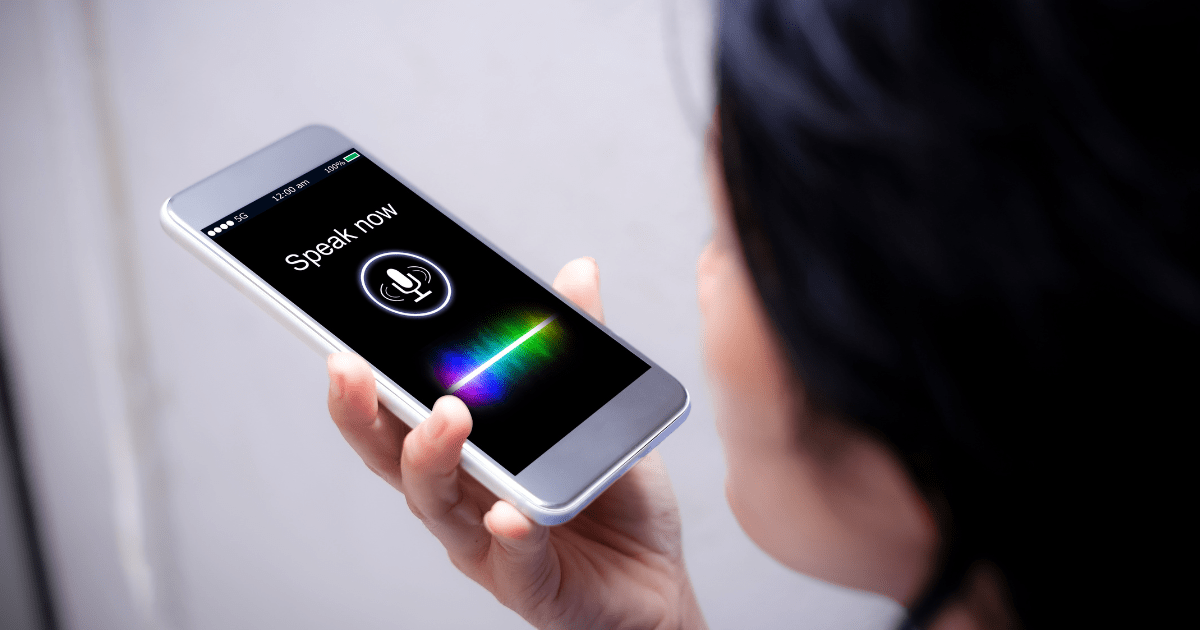
Mokin is a live intelligent translation tool that breaks down language barriers between asylum seekers and the professionals who support them. Through instant translation, Mokin immediately translates voices into the language spoken by the respective recipients, allowing both parties to communicate effectively.
Its main function is to help create participation and integration plans through voice-to-voice translation. Its operation is very simple: users speak in their language, and Mokin instantly translates what is said into the language of the interlocutor, without the need for an interpreter.
Mokin uses artificial intelligence models that provide more accurate translations than generic translators. Additionally, it is specialized in terminology related to the social and legal context of migrants, which facilitates their integration. It also takes into account the cultural nuances of users and adapts to the particularities of their native language. The tool is specialized in the languages most spoken by asylum seekers in the Netherlands, such as Persian, Tigrinya, and Arabic, with plans to incorporate additional languages. In this way, it ensures fluid, precise, and understandable communication between asylum seekers and those accompanying them.
Furthermore, it allows users to listen to previous translations, translate texts, download complete transcriptions, and provides explanations and clarifications for translations that may not be clear. In the future, developers plan to include a feature that will generate reports based on the conversations held, as well as offer an incognito mode to ensure a higher level of security, although it should be noted that it currently already complies with the privacy standards of the Dutch government regarding the maintenance of anonymity and the confidentiality of user data.
Currently, they offer a private beta version aimed at public employees and asylum seekers who request support through the form available on their website.
Characteristics of innovation
Localization
The Netherlands
Partners / Funders
CommuniCity, European Union, Gemeente Amsterdam
Genesis
It was created in 2024 in Amsterdam through technology solutions based on artificial intelligence.
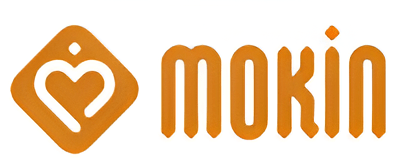
Banc d’innovacions


